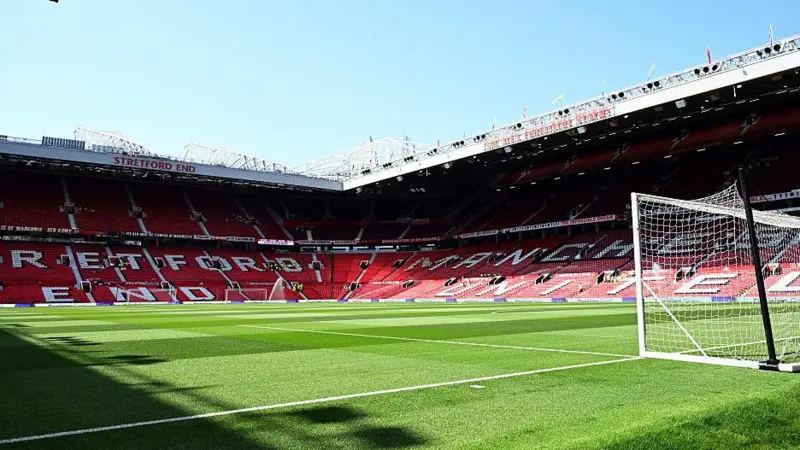Manchester United have announced record annual revenues of £666.5 million for the year ending 30 June 2025, even as the club endured one of its poorest seasons on the pitch in decades.
The financial update comes just months after United finished a dismal 15th in the Premier League, their lowest placing since the relegation campaign of 1973-74. Yet, despite the footballing struggles, the club’s commercial muscle continues to flex, largely thanks to the launch of a five-year front-of-shirt sponsorship deal with technology giant Snapdragon.
That partnership, along with record matchday revenue of £160.3m, helped United post record commercial earnings of £333.3m. The club’s chief executive, Omar Berrada, hailed the figures as proof of United’s enduring strength.
“To have generated record revenues during such a challenging year for the club demonstrates the resilience which is a hallmark of Manchester United,” said Berrada. “As we settle into the 2025-26 season, we are working hard to improve the club in all areas.”
While United did not escape losses altogether, the overall deficit of £33m represented a dramatic 70.8% reduction compared to the £113.2m posted the previous year. Club officials insisted that they remain fully compliant with both the Premier League’s Profit and Sustainability Rules and UEFA’s Financial Fair Play regulations.
Earlier this year, Deloitte’s Football Money League ranked United fourth globally in terms of revenue, behind Real Madrid (£883m), Manchester City (£708m), and Paris Saint-Germain (£681m). The Snapdragon deal has since lifted United above rivals Liverpool in the commercial stakes.
Cost-cutting measures
The figures also revealed the controversial impact of the club’s ongoing cost-cutting programme. Over the past two years, the number of United employees has dropped from around 1,100 to 700. Many of those leaving were long-serving staff, a development that has drawn heavy criticism from supporters and commentators given the club’s struggles on the pitch.
United believe the restructuring will free up resources for reinvestment in the playing squad while ensuring compliance with financial regulations. Wages were reduced by £51.5m to £313.2m, though much of that was a result of automatic salary cuts triggered when the team failed to qualify for the Champions League. Players’ contracts include a 25% pay reduction in such circumstances.
The accounts also recorded exceptional costs of £36.6m, including compensation payments to former manager Erik ten Hag, interim boss Ruud van Nistelrooy, and outgoing technical director Dan Ashworth.
Despite these upheavals, United project turnover of between £640m and £660m for the year ending June 2026. Executives argue that the worst of the financial turbulence has passed, with Berrada pointing to “significant potential for improved financial performance” in the near future.
The tension between United’s financial performance and footballing decline remains stark. While record revenues provide optimism for long-term stability, supporters continue to express frustration at chronic underachievement on the pitch.
The last decade has seen United overshadowed by domestic and European rivals, with silverware proving elusive since their 2023 Carabao Cup triumph. The poor Premier League finish in 2024-25, coupled with a slow start to the new season, has heightened pressure on the club’s hierarchy to translate financial strength into sporting success.
United’s leadership insists that the strategy is built with the future in mind. “As we start to feel the benefits of our cost reduction programme, there is significant potential for improved financial performance, which will, in turn, support our overriding priority: success on the pitch,” Berrada added.
With commercial deals flourishing and operational costs streamlined, Manchester United’s challenge now is to ensure that boardroom progress is finally mirrored by results on the field. Fans will hope that financial stability provides the foundation for a revival of fortunes where it matters most – at Old Trafford on matchdays.



